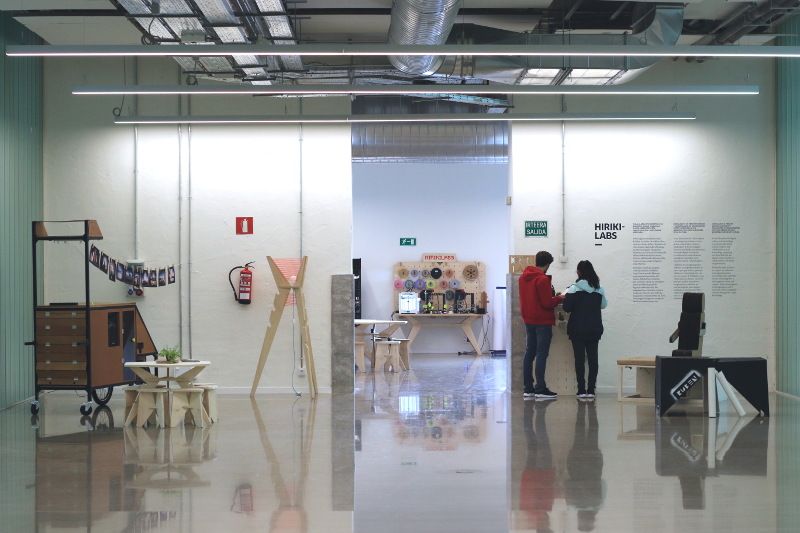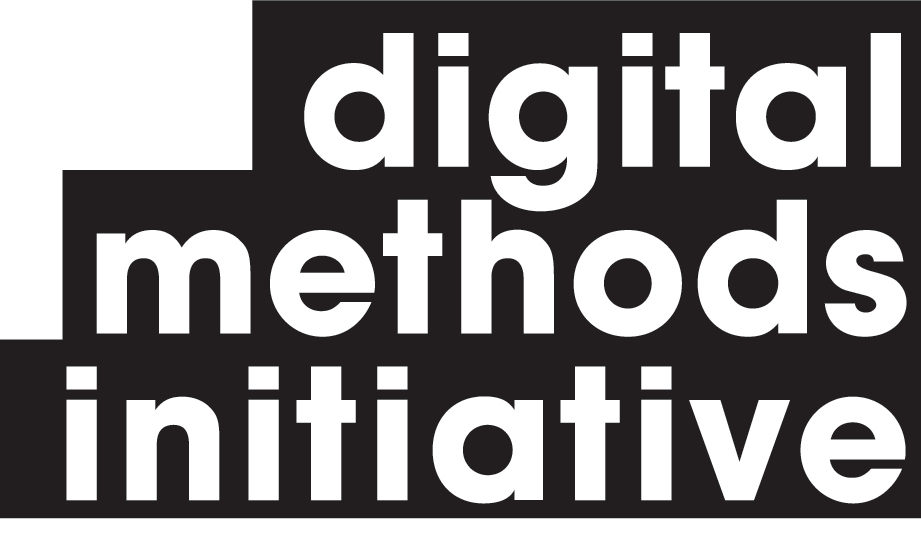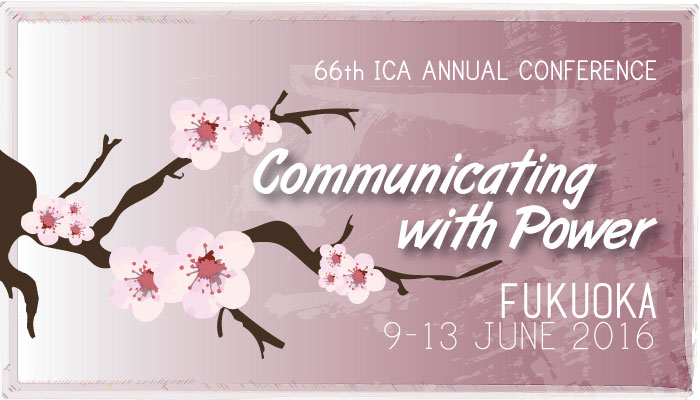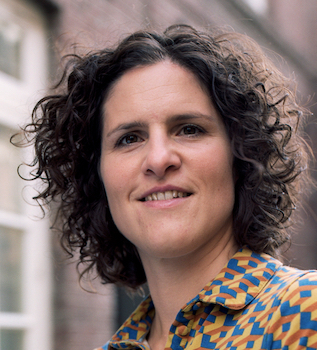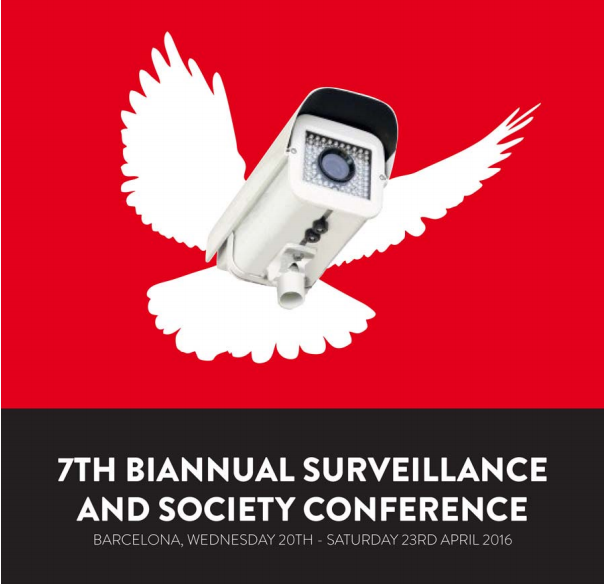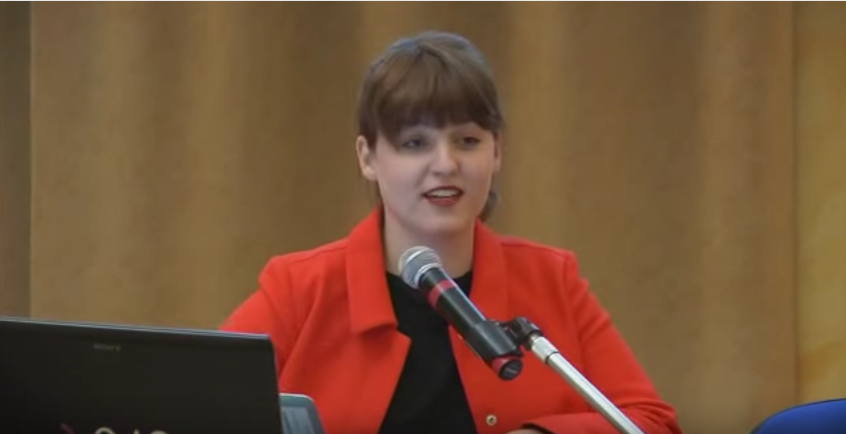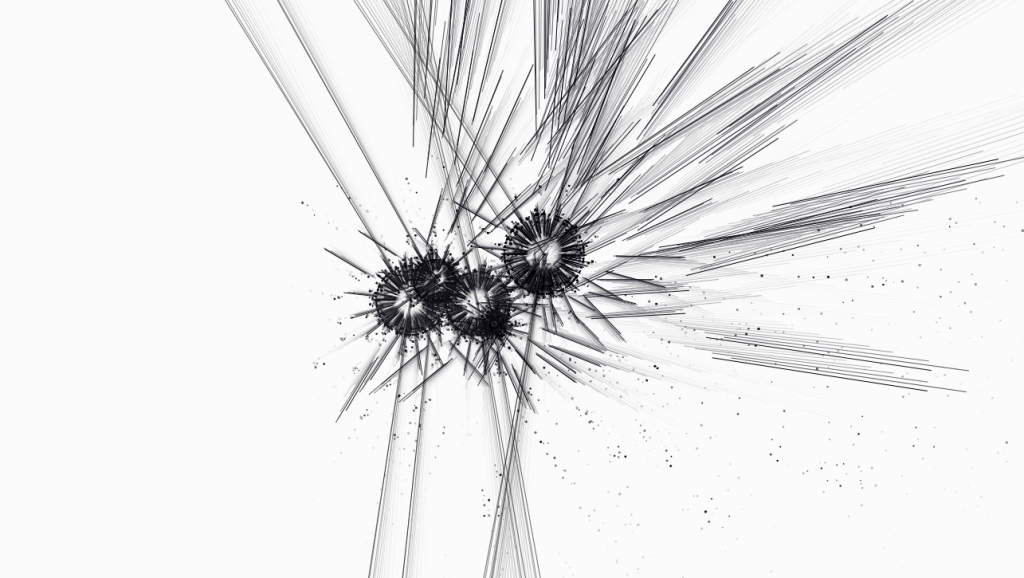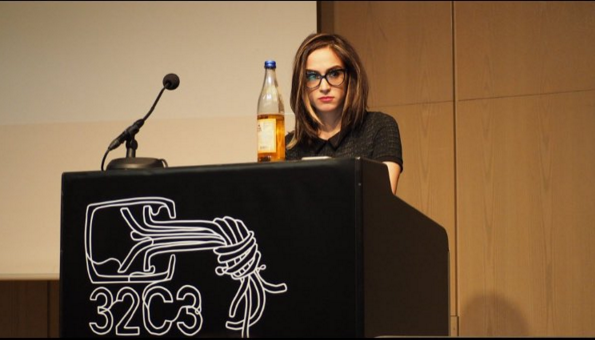Stefania Milan presented at the annual conference of the international communication association Communication through Power, Fukuoka, Japan – 9-13 June 2016.
Big Data & Activism: A (Grassroots) Research Agenda for Big Data
Organizers: Stefania Milan (U of Amsterdam), S.Milan@uva.nl
Date: Friday, June 10; 9:30 – 10:45
Location: Akane, Fukuoka Hilton
Description: Citizens are increasingly aware of the critical role of informationas the new fabric of social life. This awareness translates into new forms of civic engagement andpolitical action that go under the rubric of ‘data activism’. Data activism embraces a variety of sociotechnical practices that in different forms, from the local to the transnational level, and from different points of departure take a critical perspective towards massive data collection.Data activismtakes big data both as a challenge to civil rights, and a novel set of opportunities for social change; itleverages technological innovation, and software in particular, for political or social change purposes.Activiststakeinformation as a constitutive force in society capable to shape social reality (Braman, Change of State, 2009).
Up to now, little has been said about the relation between the organized civil society and big data. Scholars have focused their attention on individual forms of resistance to computer–enabled data collection, or on the role of business actors in enabling massive data collection. However, the dimension of collective action, the shaping role oftechnology and software environments, and the impact of big dataon the civil society’s ecosystem andthe related action repertoires, among others,remainlargely unexplored.
The goal of this blue sky workshop is to brainstorm an interdisciplinary, multi-method research agenda for big data from the perspective of the (organized) civil society, around and beyond the notion of data activism. Expected outcomes include structured notes for a research agenda touching also upon epistemological, methodological, and ethical concernsof studying big data and massive data collection from a grassroots perspective, as well as the creation of a network of interested individuals working on the interplay between big data and the civil society broadly defined. The workshopbuilds on the experience of the DATACTIVE research project and collective based at the Department of Media Studies of the University of Amsterdam, the Netherlands (https://data-activism.net).
